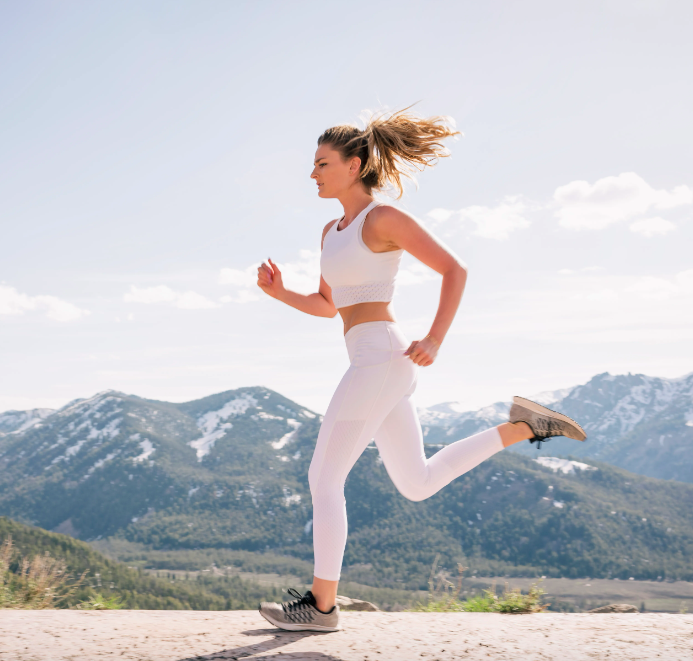
Reducing the amount alcohol you consume is no doubt a great thing when it comes to your health, and enables your body to reap all possible benefits of each workout you do. If you decide to avoid alcohol, you’ll begin to notice better performance and a more enjoyable workout all round.
Below, some experts weigh in to how alcohol affects our workouts.
Dehydration
When your skin is dehydrated, you know that the previous night’s adventures dehydrated your whole body. “Alcohol is a diuretic and drains moisture from the body,” says Caroline Wilson, nutritionist at health and nutrition brand Kitchenistic, adding that 90 per cent of hangover symptoms present as a direct result of dehydration. Water is essential for maintaining our bodies in healthy working order, but it also helps to regulate its temperature, which can make our workouts difficult if we are dehydrated.
“If alcohol is in your system, your heart rate will increase faster than usual and your body’s temperature will significantly rise, making exercise uncomfortable. You’ll also sweat more than you’re used to, which will dehydrate your body further,” explains Wilson. If you are drinking, alternate your alcoholic beverage with a glass of water, which won’t stop dehydration but will help to ease it.
Muscle fatigue
Lactic acid, the cause of cramps, builds up when we consume alcohol, meaning that we’re far more likely to experience more painful moments during our workouts when hungover. “Other inevitabilities are muscle fatigue and a lack of growth hormones, which are vital for both building muscle and repairing it,” says Wilson. “If you consistently drink, your recovery time post-workout will be a long one and it will be very difficult to build muscle in general.”
Performance
While minimal drinking may not impact how you exercise the next day, more than that and it has been shown to impact your exercise performance – so you’ll find it more difficult and won’t be as satisfied afterwards. One study showed that having a hangover can reduce your aerobic performance by 11.4 per cent the next day.
Sugar spikes
“Alcohol is often laden with sugar, and when a food contains such a high glycaemic load, it rapidly turns into glucose once fully digested,” says Wilson. This abrupt spike means the body suffers inflammation, which can lead to water retention, bloating and fatigue as it plummets again – none of which make for an easy workout session. “My recommendation is to avoid wines, cocktails or drinks with syrups if you’re planning to exercise in the days after drinking – they are full of sugar and will greatly affect your workout.”
Lower metabolism
Due to the stress alcohol causes the digestive system, the stomach and intestines become idle. “As digestive secretions slack, the rate at which the body absorbs essential nutrients also decreases, which causes the metabolism to slow.” Wilson recommends choosing food high in nutrients (such as nuts and dark green vegetables) pre-alcohol, to allow the digestive system to function at its best – it will help limit the effects on the metabolism.
Unhealthy cravings
The day following a night out of drinking often comes with a storm of cravings for fatty foods. “Alcohol encourages a chemical in the brain called galanin to surge, which causes us to crave foods that are rich in fats.” That feeling of sluggishness and a diet lacking nutrients means our bodies aren’t fueled in the correct way, and exercise will be tough.
beauty beauty trends celebrities celebrity news christmas christmas movies coffee dating fall fashion fashion fashion designers fashion trends fashion week fitness hailey bieber hair trends halloween harry potter health Instagram Justin Bieber kate middleton King Charles meghan markle mental health milan fashion week movies music netflix new york city paris paris fashion week pregnancy prince harry princess diana prince william relationships royal family royals skincare street style television travel valentine's day wellness